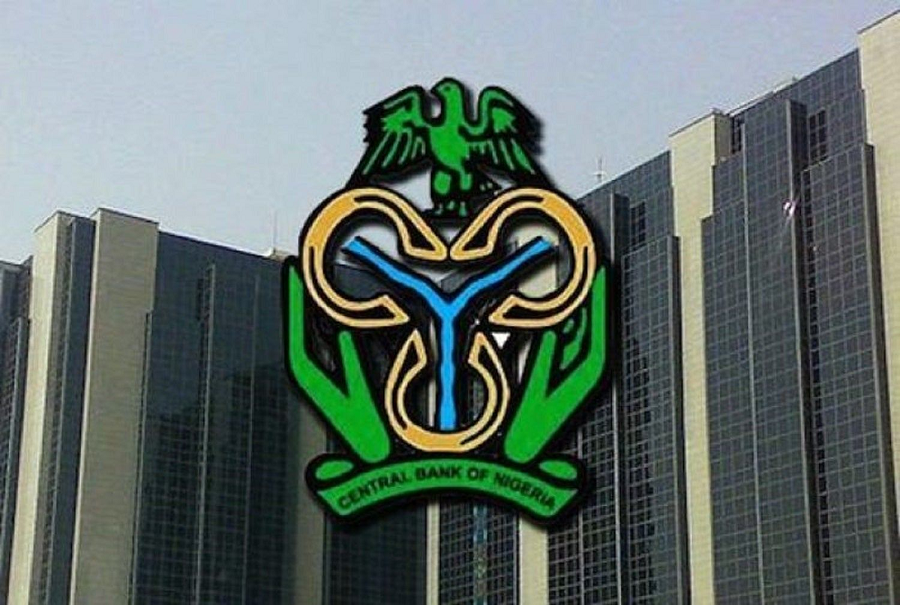
A recent report from the Central Bank of Nigeria (CBN) reveals that 31 state governments owe a total of N339.9 billion in bailout funds obtained between 2015 and 2023 to pay workers’ salaries.
The funds were provided through the Salary Bailout Facility initiated by the CBN to help states alleviate fiscal pressures and clear salary backlogs. However, as of September 2023, an outstanding amount of N339.97 billion and a loan default of N1.31 billion remain unpaid.
The program, which disbursed N457.17 billion to 31 state governments, aimed to address the challenge of unpaid salaries, a critical issue affecting state administrations. Despite substantial disbursements, only N117.21 billion in principal repayments and N45.21 billion in interest repayments have been made so far.
Top beneficiaries of the bailout include Imo, Kogi, Kano, Oyo, and Osun states. However, the inability of some states to meet their salary obligations has persisted, leading to concerns about fiscal sustainability and workers’ productivity.
Financial experts warn that continued reliance on borrowing without significant revenue generation poses risks to state economies. They advocate for fiscal reforms, increased investment attraction, and the exploration of Public-Private Partnerships to enhance revenue streams and reduce dependence on bailout funds.
Meanwhile, the Federal Government’s domestic debt has increased to N53.3 trillion, reflecting significant reliance on loans. This escalating debt profile raises concerns about fiscal management and underscores the urgent need for sustainable financial strategies.
Economists emphasize the importance of addressing the root causes of debt accumulation and advocating for prudent fiscal policies to ensure long-term economic stability and growth.






Be First to Comment